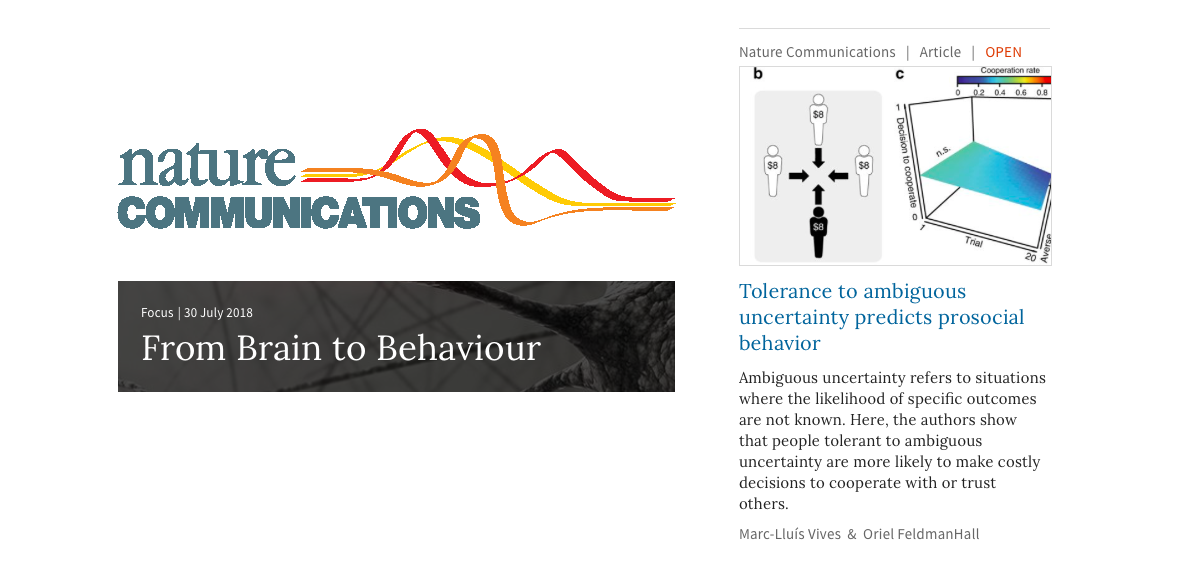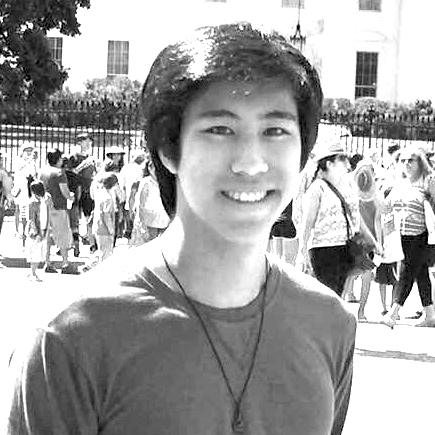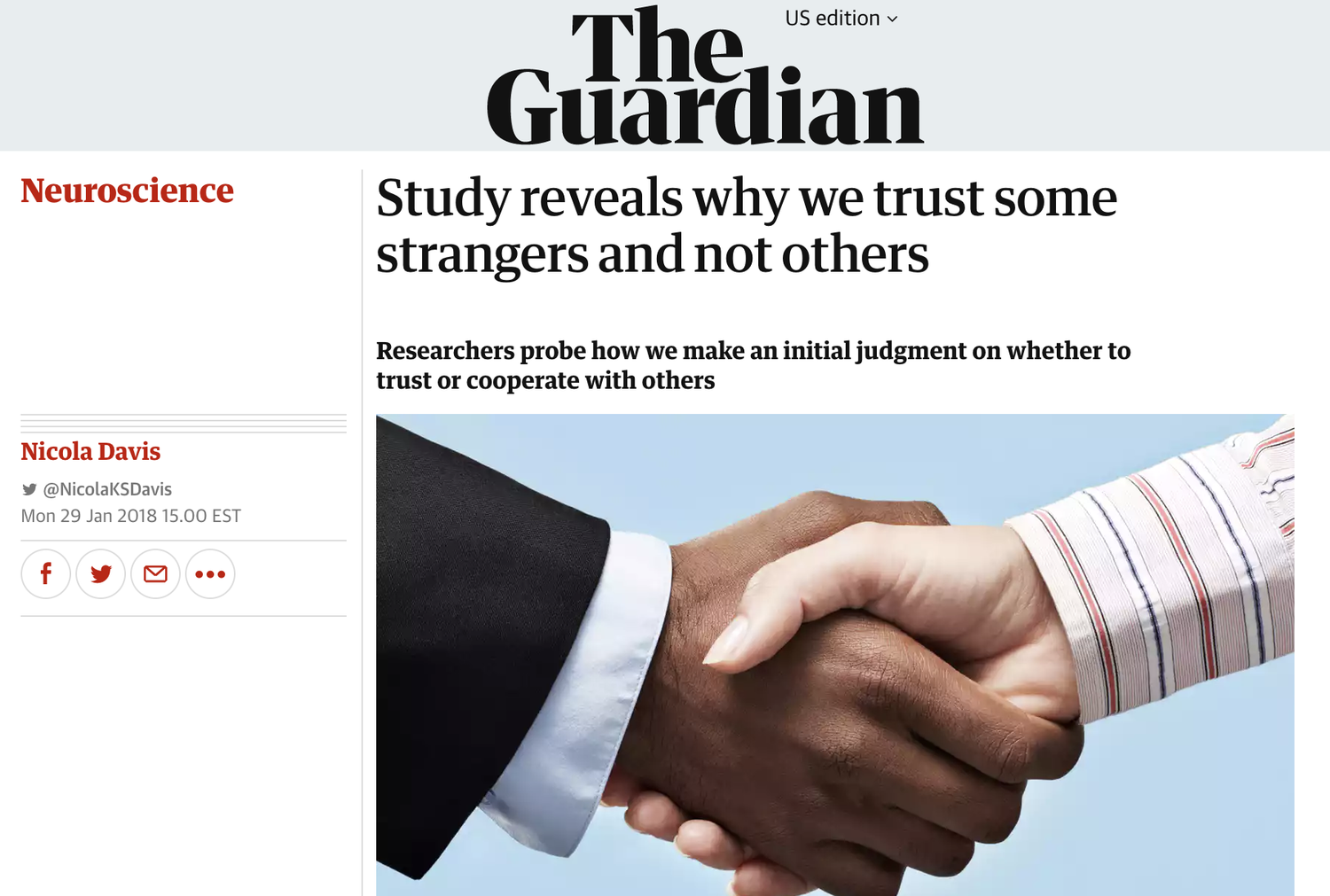Congratulations to Jae and Joey for their first authored publication!
A complex web of social and moral norms governs many everyday human behaviors, acting as the glue for social harmony. The existence of moral norms helps elucidate the psychological motivations underlying a wide variety of seemingly puzzling behavior, including why humans help or trust total strangers. In this review, we examine four widespread moral norms: Fairness, altruism, trust, and cooperation, and consider how a single social instrument—reciprocity—underpins compliance to these norms. Using a game theoretic framework, we examine how both context and emotions moderate moral standards, and by extension, moral behavior. We additionally discuss how a mechanism of reciprocity facilitates the adherence to, and enforcement of, these moral norms through a core network of brain regions involved in processing reward. In contrast, violating this set of moral norms elicits neural activation in regions involved in resolving decision conflict and exerting cognitive control. Finally, we review how a reinforcement mechanism likely governs learning about morally normative behavior. Together, this review aims to explain how moral norms are deployed in ways that facilitate flexible moral choices.

























